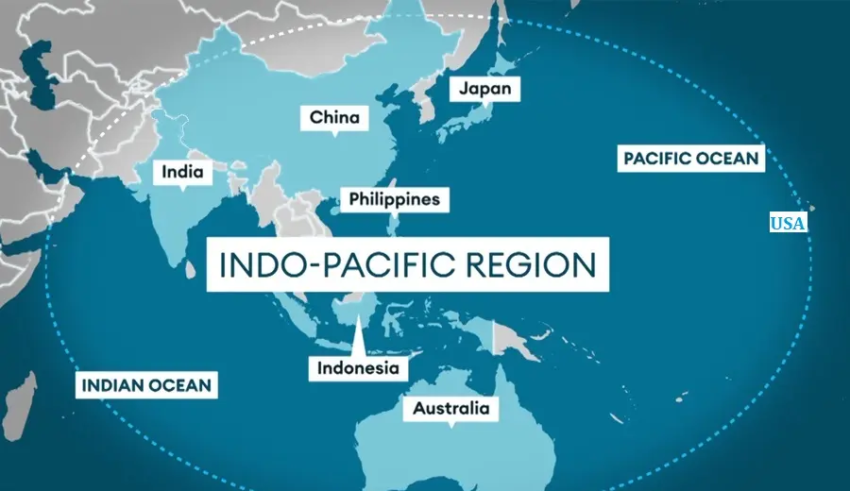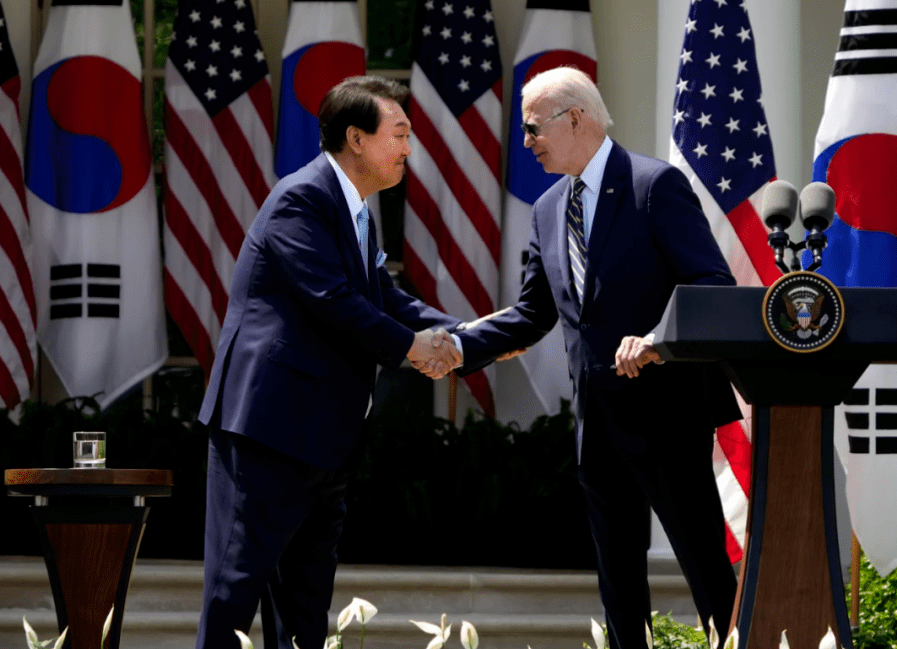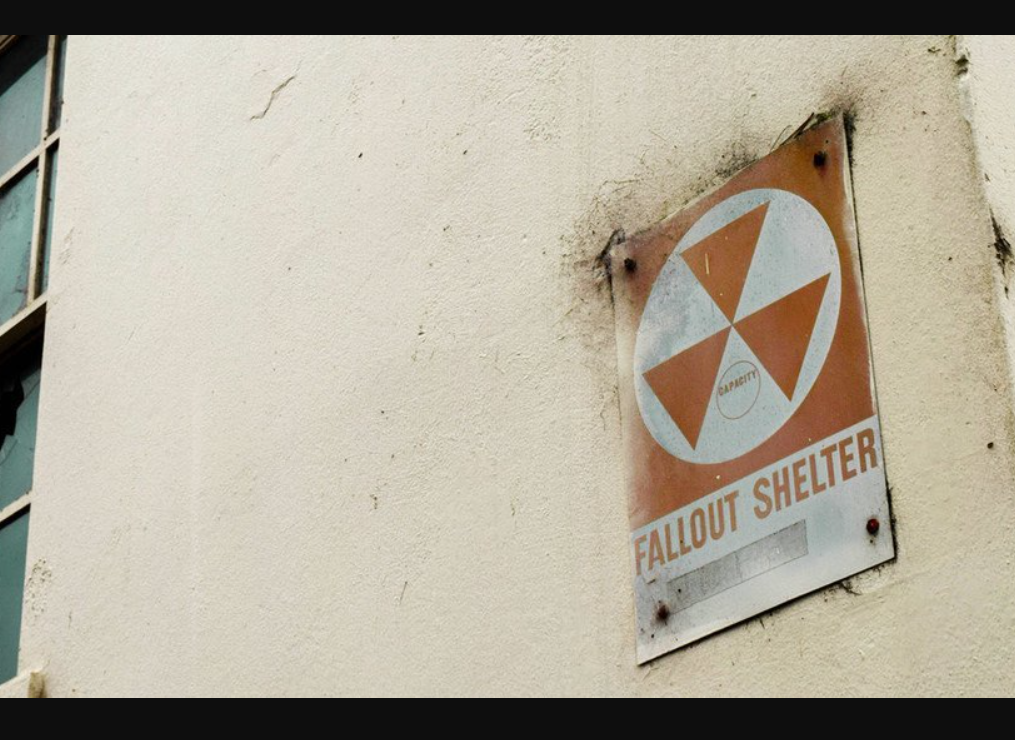
Zhang Tuosheng, Principal Researcher at Grandview Institution, and Academic Committee Member of Center for International Security and Strategy at Tsinghua University
Apr 10, 2025
Here are some suggestions for promoting peace, stability and development in the Asia Pacific region. For starters, to avoid bloc politics and confrontation or even a new cold war in the Asia Pacific, China, the U.S., Russia, Japan and India should actively develop new dialogues and exchanges and build on existing ones.
Ted Galen Carpenter, Senior Fellow, Randolph Bourne Institute
Oct 20, 2023
South Korea’s relationship with the U.S. as a protectorate has benefited Seoul strategically and economically. As tensions between China and the U.S. change the geopolitical climate of the region, South Korea may want to reevaluate the cost of a large U.S. military presence in their territory.

Li Ning, Research Fellow at Center for Asia-Pacific Studies, Shanghai Institutes for International Studies
May 03, 2023
No leader of a U.S. ally has ever made such a show of fidelity before a trip to Washington. Yoon swiftly patched up relations with Japan, announced military aid to Ukraine and made comments on Taiwan.
Zhong Yin, Research Professor, Research Institute of Global Chinese and Area Studies, Beijing Language and Culture University
Apr 28, 2023
Stronger U.S.-ROK ties have aggravated tensions with the DPRK, and the situation has deteriorated further since the ROK’s new president assumed office. In the North’s eyes, America’s maximum pressure approach excludes any possibility for meaningful dialogue.
Doug Bandow, Senior Fellow, Cato Institute
Dec 02, 2022
The DPRK places Northeast Asia at risk, and their current military trajectory could pose problems for the PRC as well as the U.S. and its allies. So despite their fundamental differences, it’s in the best interests of both Washington and Beijing to find opportunities to cooperate to promote regional stability.
Wang Fudong, Assistant Research Fellow, Institute of International Economics and Politics, Shandong Academy of Social Sciences
Nov 24, 2022
The United States and its allies are less interested in solving the problem than they are in containing China. But even if conflict is avoided, the intensification of a new cold war in Northeast Asia and the rising risk of nuclear proliferation do not bode well for the future.

Zhang Tuosheng, Principal Researcher at Grandview Institution, and Academic Committee Member of Center for International Security and Strategy at Tsinghua University
Sep 14, 2022
Regional strategic stability depends upon sincere outreach to the DPRK by major powers. Think tanks from China, the U.S. and the ROK have already reached many useful common understandings. They should explore a road map for denuclearization and a peace mechanism and invited the DPRK to participate.
Doug Bandow, Senior Fellow, Cato Institute
Jul 12, 2022
The U.S. and South Korea continue to look for ways to address the challenges with North Korea, while hoping for the involvement of China. Yet, China is unlikely to get involved unless its interests are also met in the process.
Wang Fudong, Assistant Research Fellow, Institute of International Economics and Politics, Shandong Academy of Social Sciences
Jun 02, 2022
Heightened U.S. military deployments on the Korean Peninsula will only exacerbate the regional security dilemma that affects China, Russia and the DPRK. Meanwhile, exclusivity between the United States and ROK in some trade sectors will be hard to pull off.
Richard Javad Heydarian, Professorial Chairholder in Geopolitics, Polytechnic University of the Philippines
May 03, 2022
South Korea is signaling a dramatic reorientation in its foreign policy, and it could become a key player in an expanded Quad platform.